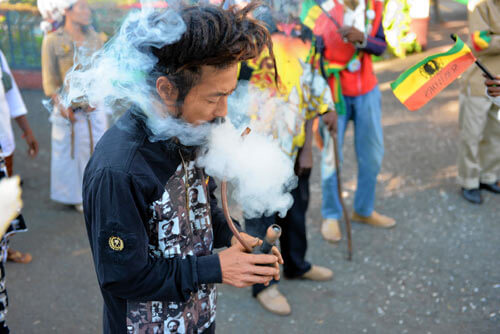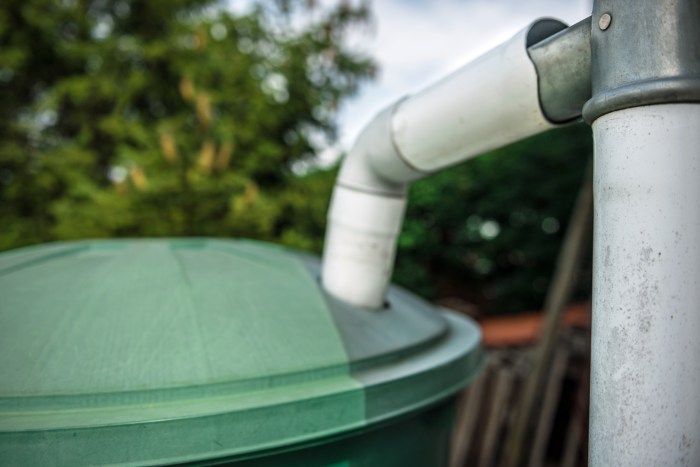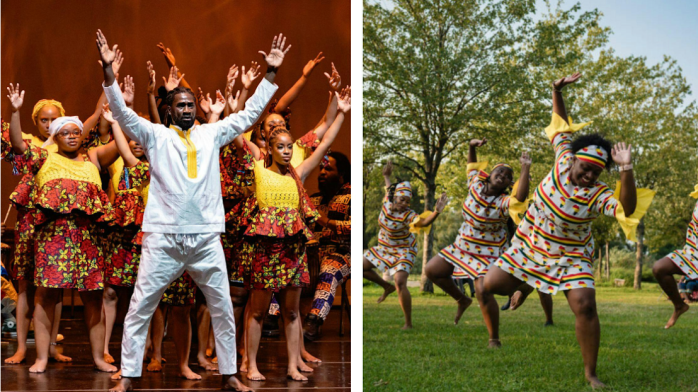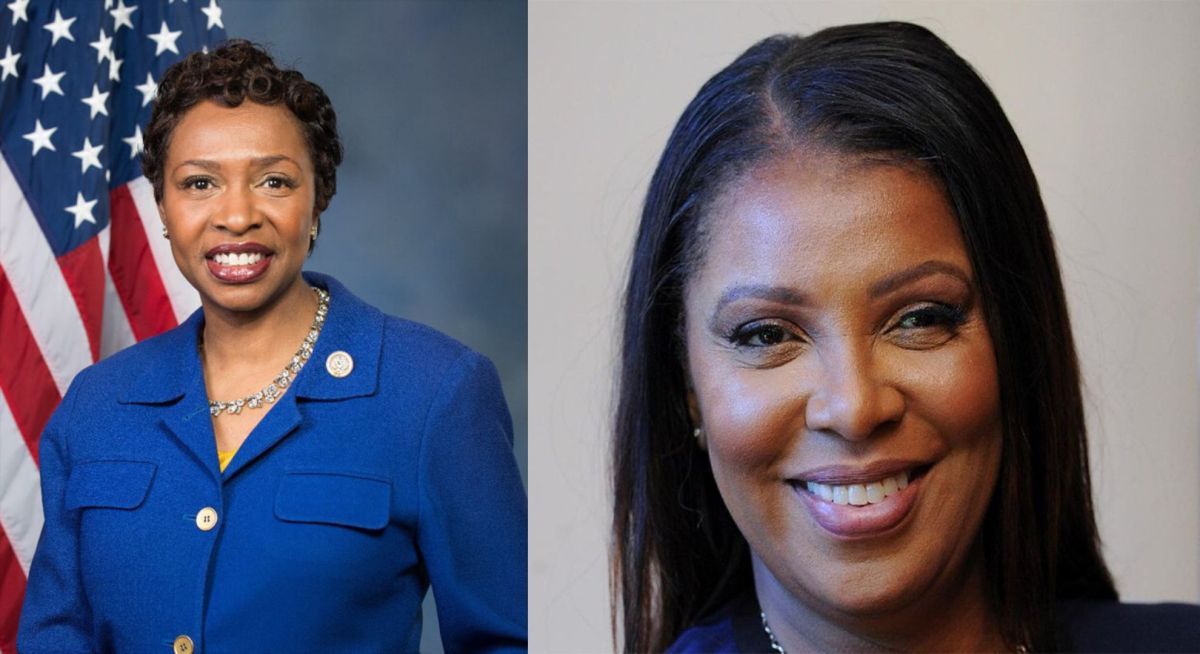KINGSTON, Jamaica (AP) — Lawmakers on Tuesday debated a proposal to decriminalize the possession of small amounts of marijuana for personal use by adults in Jamaica, where many islanders are expressing weariness with current drug policy.
There is no bill drafted or vote scheduled, however, and various government administrations have talked about the issue for decades. But it’s lately become a budding topic among Jamaicans, with some arguing that pot could become a major force for the struggling legitimate economy if it was no longer relegated to the underground.
Some lawmakers complained that current law results in about 300 young men receiving criminal records each week for possessing small amounts of “ganja,” creating a growing pool of unemployable people on the Caribbean island.
“There is no doubt that ganja can have harmful effects on an individual. But this does not warrant criminalization of thousands of Jamaicans for their personal choice and use, some for reasons deep-rooted in culture,” said opposition lawmaker Daryl Vaz, a former information minister.
Minister of State for Tourism & Entertainment Damion Crawford agreed, saying too many Jamaicans face a lifelong stigma that comes with a drug conviction involving a small amount of pot.
“For personal use, the punishment of a criminal record is too much,” said Crawford, the son of a Rastafarian.
The discussion centered on a motion introduced by governing party lawmaker Raymond Pryce. He says there is great academic and commercial potential in decriminalizing a plant that has long been part of Jamaica’s history, saying there is no shortage of evidence that the plant has medical and therapeutic value.
Marijuana has been pervasive but prohibited on the island since 1913. It’s generally grown on remote mountainsides and in marshes and swamps. Besides recreational use, marijuana has long been used as a medicinal herb by rural people and as a spiritual sacrament by Rastafarians.
In 2001, a government-appointed commission said marijuana was “culturally entrenched” in Jamaica and recommended legalizing the private use and possession of small amounts by adults. It argued that penalizing individuals for having or cultivating small quantities of pot was “unjust” and discredited the entire legal system.
Even though the report received approval from a parliamentary committee, the decriminalization effort stalled largely due to anxiety over angering the United States, which has spent millions on local eradication efforts.
But now that a growing number of U.S. states are loosening their pot laws, and voters in and Washington and Colorado legalized it, some advocates say the old fear is now baseless. Late last month, the U.S. Justice Department said it would not challenge states that want to legalize, tax and regulate marijuana.
“Now that the Obama administration has given Colorado and Washington a qualified green light to proceed with legally regulating and taxing marijuana, there is no way that U.S. diplomatic representatives can credibly tell Jamaica, or anyone else, that they can’t do the same,” Ethan Nadelmann, executive director of the New York-based Drug Policy Alliance, said in an email.

























